Who doesn’t love a good David and Goliath story?
In the riveting world of tech, ‘Top 15 Products That KILLED Competitors’ gives viewers a front row seat to the most thrilling battles.

It’s a captivating saga of how giants like the iPhone, Netflix, Amazon Kindle, and Tesla revolutionized industries, leaving competitors gasping for air.
This piece doesn’t just recount their victories; it delves into the why and how of their market dominance.
It’s not about the products that simply won. It’s about those that changed the game.
So, sit back and get ready for a ride through the greatest upheavals in tech history.
Key Takeaways
- iPhone revolutionized the mobile phone industry with its revolutionary touchscreen technology and outperformed competitors like Blackberry.
- Netflix disrupted the traditional cable TV industry with its online streaming service and original content production.
- The Amazon Kindle led to a decline in sales of physical books with its extensive library of e-books and comfortable reading experience.
- Google Search dominated the search engine market with advanced algorithms and continuously improved user experience, while competitors like Yahoo and Bing struggled to keep up.
The Iphone Revolution
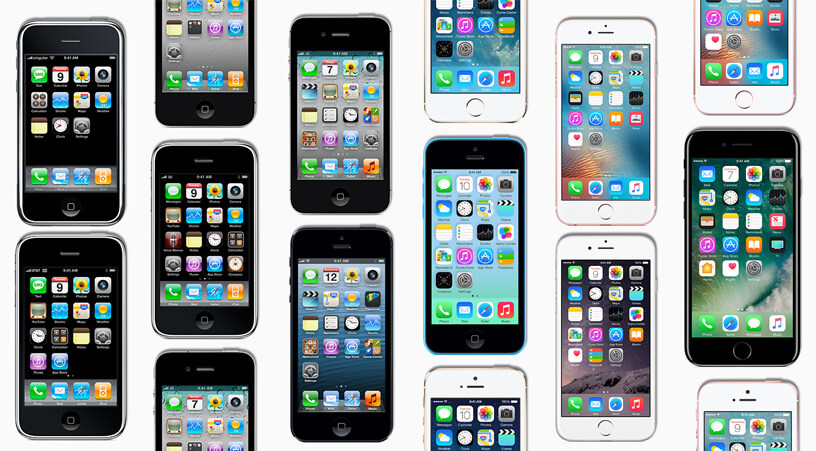
Apple’s iPhone, launched in 2007, revolutionized the mobile phone industry with its cutting-edge touchscreen technology, leaving competitors like Blackberry struggling to keep up. The iPhone’s impact on the mobile industry was immediate and powerful.
Developers around the globe scrambled to adapt to the new standard, thus transforming the way we interact with our devices. The success of the iPhone’s touchscreen technology wasn’t just about its responsiveness or ease of use. It was the seamless integration of hardware and software, the intuitive user interface, and the birth of the App Store that truly set it apart.
Suddenly, a phone wasn’t just a phone. It was a gateway to a world of apps, connecting users in ways they’d never imagined. The iPhone didn’t just change the game, it redefined it.
The Netflix Takeover

In the wake of its humble beginnings as a DVD rental service, Netflix transformed the way we consume entertainment, dealing a major blow to traditional cable TV.
With the rise of streaming services, Netflix’s impact on the film industry has been nothing short of revolutionary. It’s not just about convenience, but also about choice and quality.
Netflix’s vast selection of movies and TV shows, coupled with its original content, gives viewers unprecedented control over what they watch and when. The company’s influence has even extended to the Oscars, with Netflix-produced films bagging nominations and awards.
As cable TV numbers dwindle, it’s clear that Netflix’s takeover doesn’t just spell the end for competitors—it marks a new era of viewing entertainment.
Amazon Kindle’s Dominance

Book-lovers worldwide have witnessed Amazon Kindle’s unparalleled dominance in the e-reader market, largely causing a significant decline in physical book sales. Kindle’s impact on the publishing industry has been monumental, driving a shift towards digital reading.
The table below represents Kindle’s role in promoting digital reading:
Kindle’s dominance lies not just in the device’s convenience but also in Amazon’s vast library. Kindle’s emergence as a game-changer signifies a pivotal moment in the publishing realm, marking the transition from the age-old tradition of printed books to digital reading.
Google Search’s Supremacy
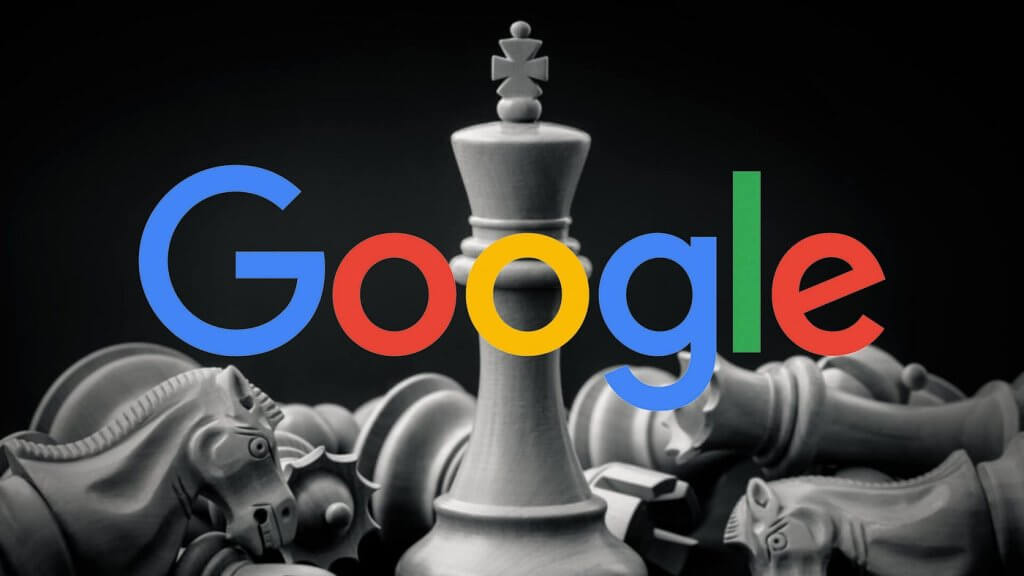
The supremacy of Google Search in the world of internet search engines is an indisputable fact, having dominated the market since 2000 with its advanced algorithms and constantly evolving user experience.
Google Search’s impact is colossal, shaping how we find, consume, and even remember information. It’s the ultimate oracle, always ready to answer our most curious queries or urgent needs.
Google Search’s innovations, from autocomplete to voice search, have kept it a leap ahead of competitors. It’s not just a tool, but an essential part of our digital lives.
The competitors, like Yahoo and Bing, have struggled to keep up, leaving Google Search with an unrivaled supremacy. Google’s relentless commitment to its user experience and technological innovation continues to solidify its position as the search engine king.
Tesla’s Electric Revolution
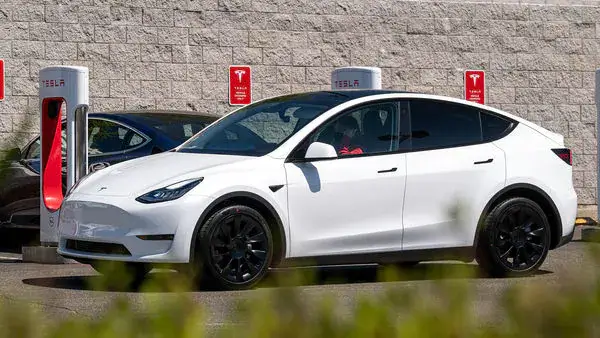
Shifting gears from internet search to the automotive industry, it’s Tesla’s electric revolution that’s truly disrupting traditional car manufacturing. Tesla’s market impact has been phenomenal. Other automakers are playing catch-up, pushing to release their own electric models.
The future of electric vehicles looks promising, and Tesla is leading the charge. From their cutting-edge technology to their sleek design, Tesla has redefined what it means to drive an electric vehicle.
This electric revolution is just the beginning, and Tesla is driving change.
Spotify’s Music Transformation
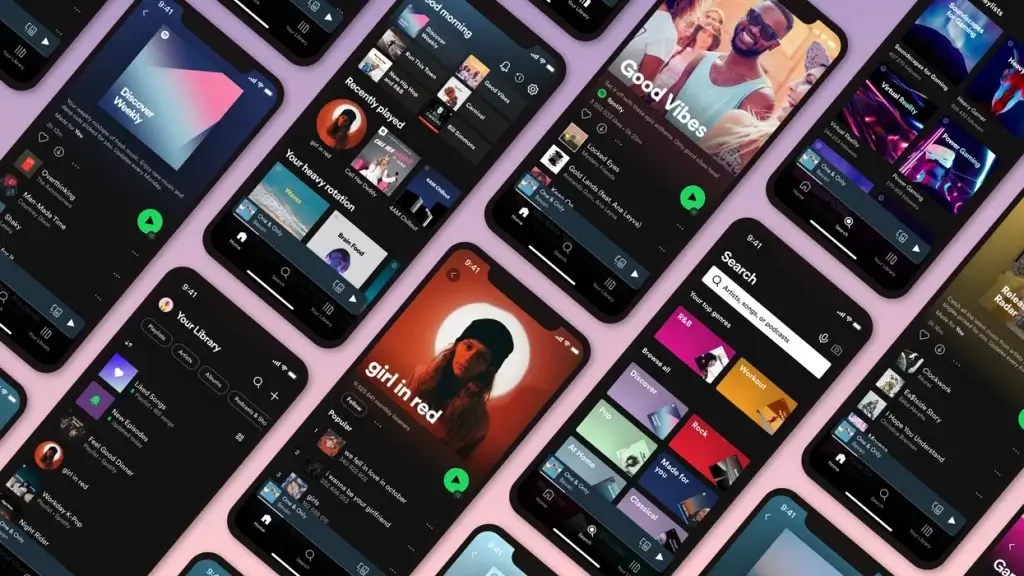
While Tesla is redefining the automotive industry, Spotify is similarly transforming the music world, challenging traditional music sales and radio with its vast library and personalized playlists.
Since its launch in 2008, Spotify’s impact on the music industry has been monumental. It’s not only reshaped how we access our favorite tunes but also how artists distribute their work. By providing a platform for both established and emerging artists, Spotify has altered the music landscape.
Furthermore, Spotify’s role in changing consumer behavior is evident. It’s cultivated a culture of streaming over purchasing, leading to a decline in physical and digital sales.
With tailor-made playlists and an ever-growing library, Spotify continues to keep users engaged and competitors at bay.
Airbnb’s Hospitality Disruption

Transforming the hospitality industry in a similar vein, Airbnb has revolutionized the way people travel and book accommodations. The rise of the sharing economy paved the way for this disruption, altering the landscape of the traditional hotel industry significantly.
- Expansive Choices: Airbnb offers a variety of unique accommodations, from city apartments to country cottages, providing travelers with a more personalized experience.
- Cost-Effective: Often cheaper than hotels, Airbnb allows tourists to save money, making travel more accessible for many.
- Local Experiences: Airbnb hosts, often locals, provide guests with valuable insights into the local culture, enhancing their travel experience.
Airbnb’s impact on the hotel industry is undeniable. Hotels face increased competition as travelers are drawn to the affordability, variety, and authentic experiences Airbnb offers.
WhatsApp’s Messaging Evolution

As Airbnb reshaped the hospitality industry, in the world of communication, WhatsApp emerged as a game-changing platform, revolutionizing the way people connect globally.
WhatsApp’s messaging security, with its end-to-end encryption, assured users that their conversations remained private, boosting its popularity. It allowed people to send messages, photos, and even make voice or video calls, all for free. This had a huge impact on traditional SMS, which saw a steep decline.
WhatsApp was a David that beat the Goliath of paid messaging. It wasn’t just a messaging app, it was a movement that reflected the global shift towards a more connected, secure and cost-effective way of communicating.
WhatsApp, in essence, rewrote the rules of the messaging game.
Uber’s Transportation Revolution
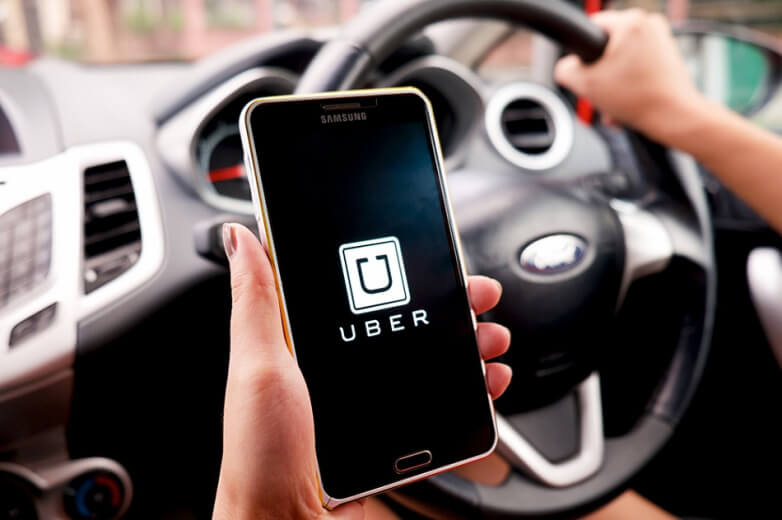
Just like WhatsApp altered the communication landscape, Uber stepped onto the scene and completely upended the transportation industry. By offering a platform to share rides, Uber not only made travel more efficient, but also fueled the rise of the sharing economy.
- The impact of Uber on traditional taxi services was profound. Taxis, once the kings of city transport, saw a significant decline as riders flocked to Uber’s convenient app-based service.
- The rise of the sharing economy through Uber changed the way people think about transportation. It encouraged a shift from owning cars to sharing rides, reducing costs and environmental impact.
- Uber’s success sparked a wave of similar services worldwide, further signaling a shift in the transportation paradigm.
Facebook’s Social Supremacy
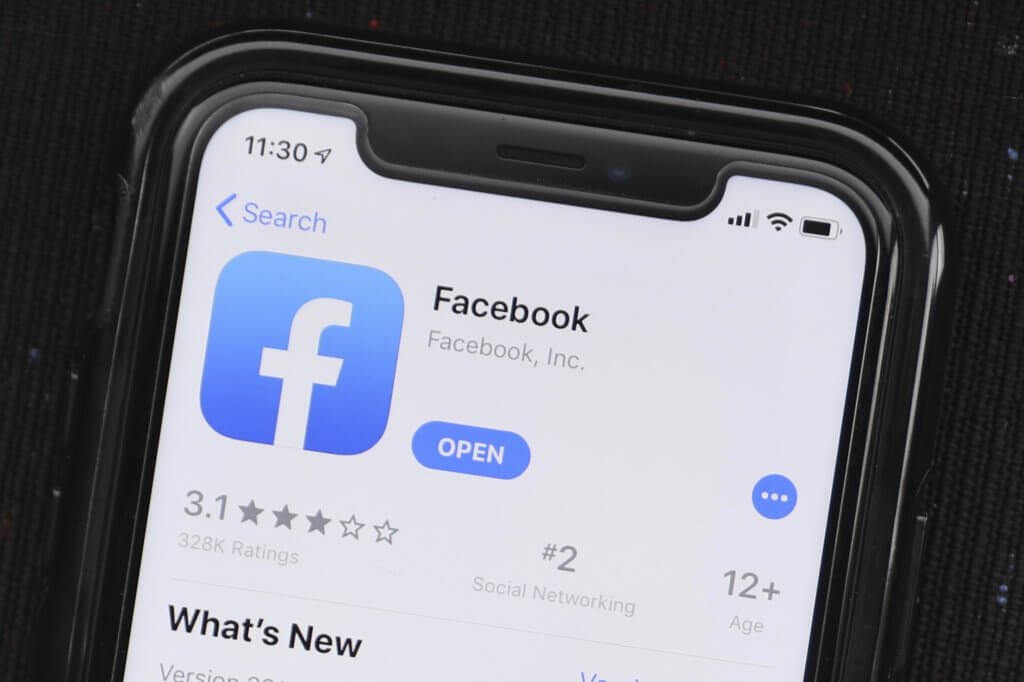
‘Why hasn’t any other social media platform managed to dethrone Facebook, the titan that’s connected billions of users worldwide since its launch in 2004?’ Despite Facebook’s data privacy concerns, it’s still the king of the social media jungle.
Its impact on social interactions is undeniable, redefining the way we communicate, share and connect. Facebook cleverly adapted to the changing digital landscape, introducing engaging features that kept users hooked. They’ve made viral trends, live events, and even simple birthday wishes a click away.
Sure, competitors have tried to replicate Facebook’s magic, but none have succeeded. Facebook’s social supremacy isn’t just about numbers, it’s about the change it’s brought – a world more connected, yet more complex.
Google Maps’ Navigation Mastery
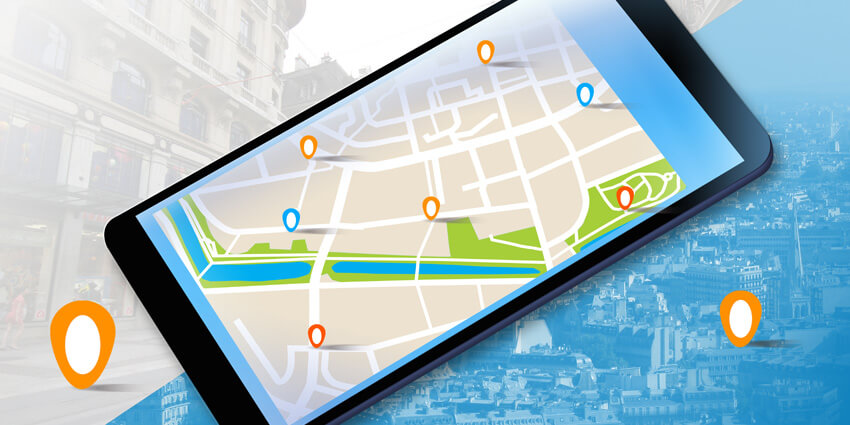
While Facebook has dominated the social media landscape, Google Maps has similarly asserted its mastery in the realm of digital mapping and navigation. Google Maps’ navigation features haven’t only made journeys easier but also decimated many of its competitors. Just as Airbnb revolutionized the hospitality industry, Google Maps has forever changed the way we travel.
- *Real-time Traffic Updates*: Google Maps provides up-to-the-minute traffic conditions, helping users avoid congested routes.
- *Detailed Mapping*: With comprehensive coverage of streets worldwide, Google Maps rarely leaves a user lost.
- *Integration with Businesses*: From showing restaurant reviews to locating nearby gas stations, Google Maps has become a crucial tool for businesses.
In short, Google Maps has set a high bar in digital navigation, leaving its competitors scrambling to catch up.
GoPro’s Adventure Innovation
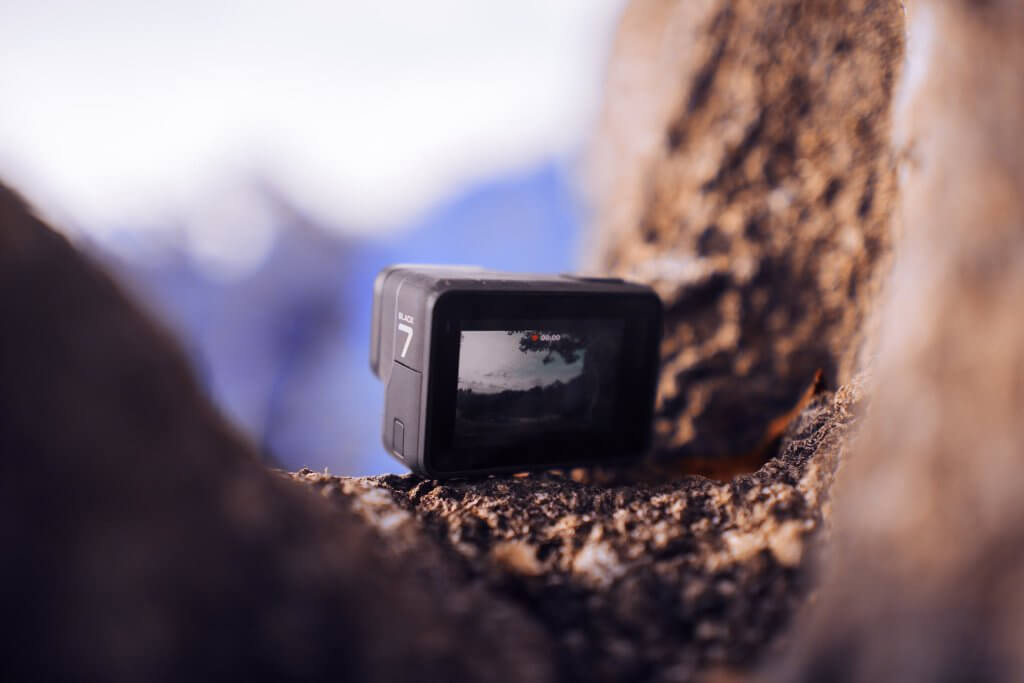
GoPro’s compact and durable action cameras have revolutionized the world of extreme sports, leaving traditional camera manufacturers in the dust. They’ve made capturing adrenaline-fueled moments accessible, forever altering the landscape of extreme sports industry.
GoPro’s impact resonates not just in the hands of daredevils, but also in the action camera market domination. They’ve outclassed competitors with their innovative design, superior video quality, and a vast array of mounting accessories.
Its success isn’t just about technology, but the culture it’s created. GoPro is synonymous with adventure and energy. It’s more than a camera; it’s a lifestyle, inspiring legions of fans to ‘be a hero’.
In the fierce battle of market supremacy, GoPro stands tall, its competitors mere shadows in its wake.
Instagram’s Visual Influence
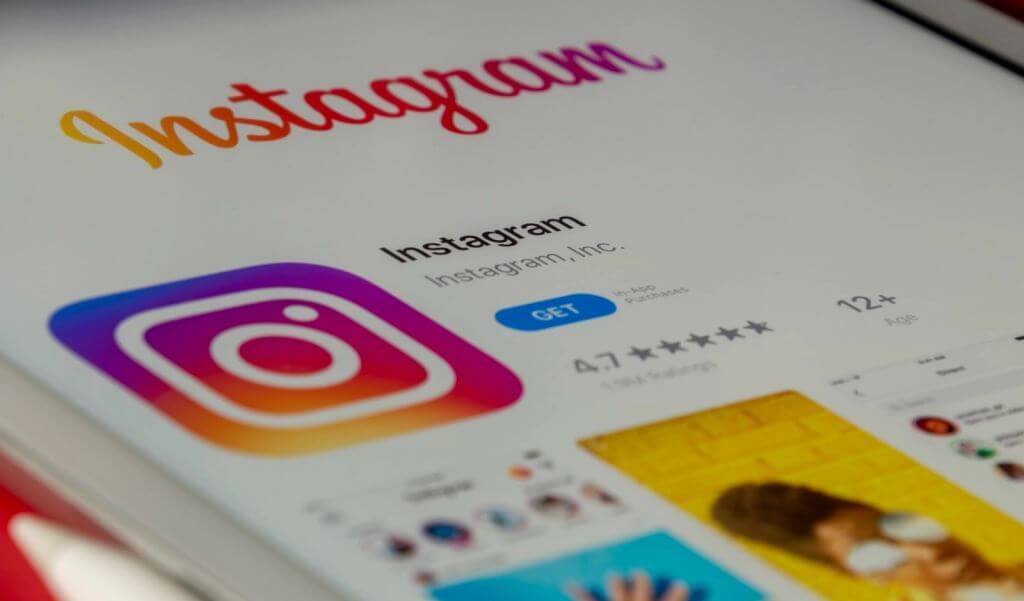
Since its launch in 2010, Instagram has dramatically reshaped the digital landscape, leaving its competitors scrambling to keep up. The app’s unique take on visual storytelling and influencer marketing has turned the platform into a vibrant, creative hub and a valuable business tool.
- Visual storytelling: Instagram’s image-centric platform allows users to tell their stories in a uniquely visual way, sparking creativity and engagement.
- Influencer marketing: Instagram has empowered individuals to become influencers, changing the face of marketing by leveraging the trust and reach of these individuals.
- Business Opportunities: With its visually-driven platform, Instagram has become a lucrative marketplace for businesses, driving sales through influencer partnerships and visually appealing product showcases.
As a result, Instagram’s visual influence continues to dominate and revolutionize the realm of social media.
Fitbit’s Fitness Dominance
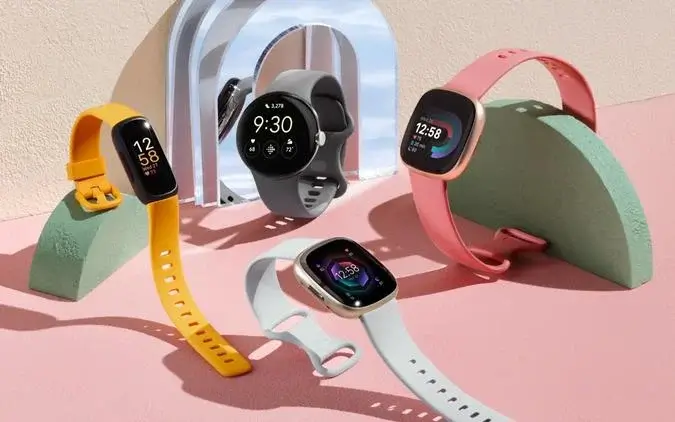
As Instagram has revolutionized the social media landscape, Fitbit has similarly dominated the fitness industry with its innovative tracking devices. Fitbit’s influence can’t be overstated as it has effectively led the fitness tracking market disruption.
Their sleek, user-friendly devices have made fitness tracking accessible to everyone, not just hardcore athletes. This has had a massive impact on the health and wellness industry, making people more conscious of their activity levels, heart rates, and sleep patterns.
Fitbit’s clever design and marketing have left competitors in the dust, struggling to keep up. So, whether you’re a fitness enthusiast or just someone trying to get a handle on their health, chances are, you’ve felt Fitbit’s dominance in some way.
It’s a game-changer that’s here to stay.
Revolutionary Products: The Recap

In the last couple of years, 15 standout products have revolutionized their respective industries, leaving their competitors struggling to keep up. These innovative products, ranging from the iPhone’s touchscreen technology to Tesla’s long-range electric cars, haven’t only changed the game but also set new standards.
The recap: The impact. These products have significantly disrupted traditional ways of doing things, providing consumers with more convenience, efficiency, and value.
- iPhone: Rendered traditional mobile phones obsolete.
- Netflix: Made cable TV a thing of the past.
- Tesla: Challenged the gasoline-powered automotive industry.
The recap: Lessons learned. These game changers teach us that innovation is key to staying relevant. Companies must constantly evolve and adapt to the ever-changing market trends to stay ahead of the competition.
Frequently Asked Questions
How Have These Products Influenced the Development of Newer Technologies in Their Respective Industries?
They’ve spurred product evolution strategies, igniting technological disruption impacts. Their innovative designs and features have set new industry standards, compelling competitors to innovate or trail behind. They’ve fueled technological advancements and reshaped user expectations worldwide.
What Were the Reactions of the Competitors When These Products Were First Introduced?
When these products first hit the market, competitors scrambled to adapt. They faced a mixed bag of shock, denial, and adaptation attempts. The initial market reception, however, often signaled the start of their downfall.
Are There Any Common Factors That Contributed to the Success of These Innovative Products?
“Shaking up the status quo, these products soared through disruptive innovation impact. Their common factors? They weren’t afraid to play hardball, using market monopoly strategies, and delivering top-notch quality that left competitors eating their dust.”
What Were Some of the Major Challenges Faced by These Companies in Maintaining Their Dominance Over the Competitors?
These companies constantly grapple with market manipulation strategies and corporate espionage risks. They’re always on high alert, innovating and adapting swiftly to maintain their dominance and fend off competitors itching to topple them from the throne.
How Have These Products Changed Consumer Behavior in Their Respective Markets?
They’ve caused significant market disruption impact, shifting consumer loyalty towards convenience and innovation. Consumers now favor instant streaming, rapid delivery, and seamless technology, reflecting a preference for the efficient, user-friendly services these products provide.
Conclusion
In the face of evolution, only the fittest survive. The iPhone, for instance, didn’t just outpace Blackberry – it obliterated it, redefining communication in the process. These game-changing products don’t just win, they transform the game, shifting paradigms and rewriting industry norms.
Ultimately, they remind us that in the ever-changing tech landscape, it’s adapt or die. And those that do adapt, often end up not just surviving, but ruling the market.


